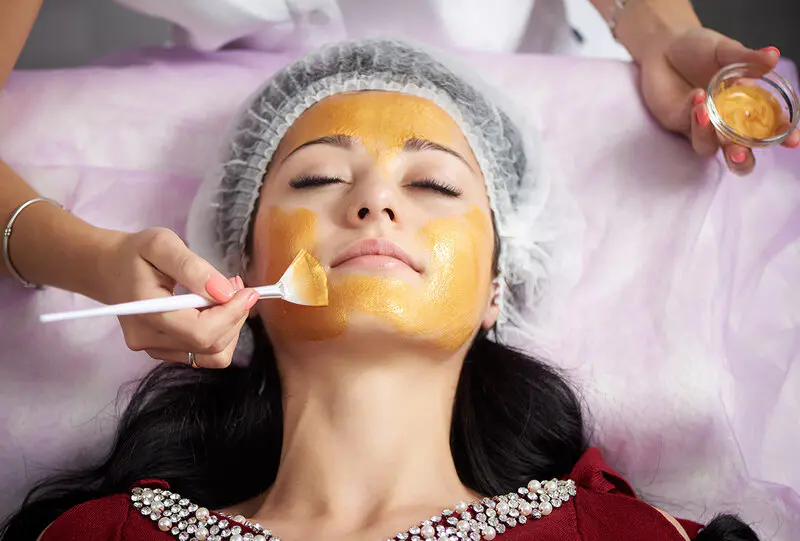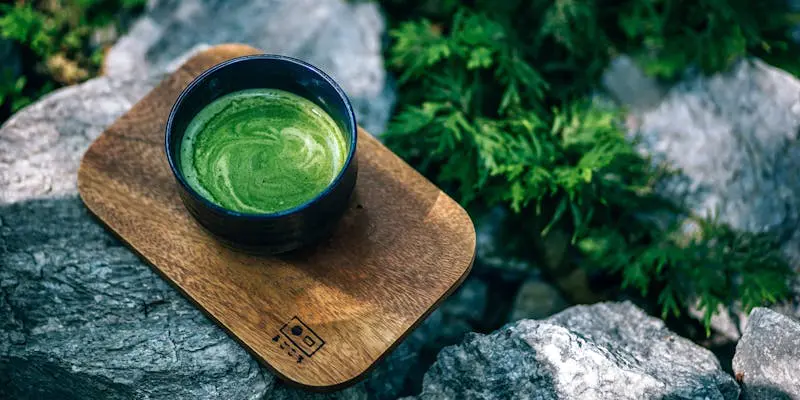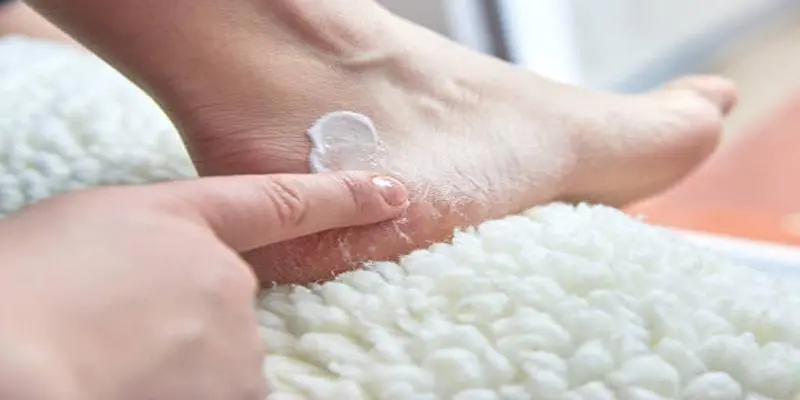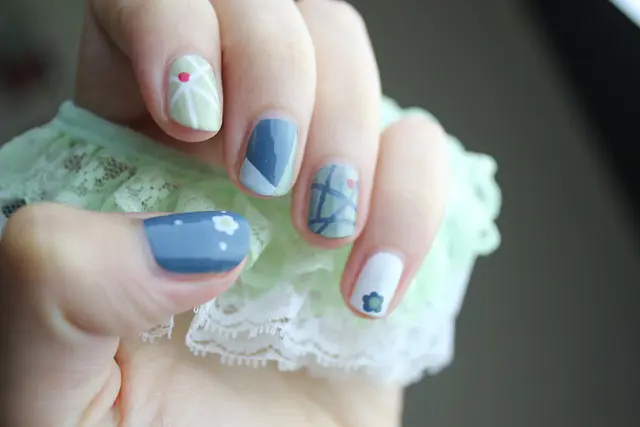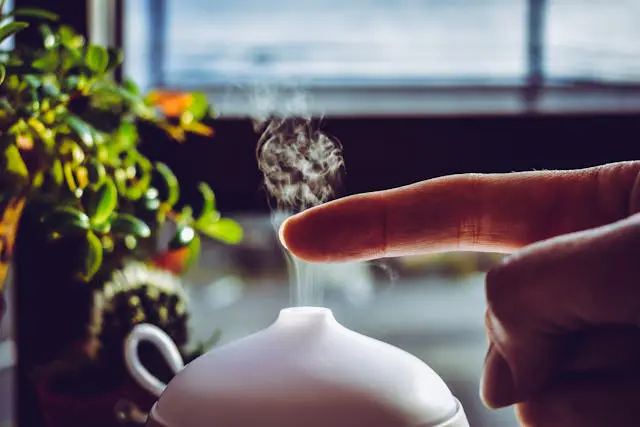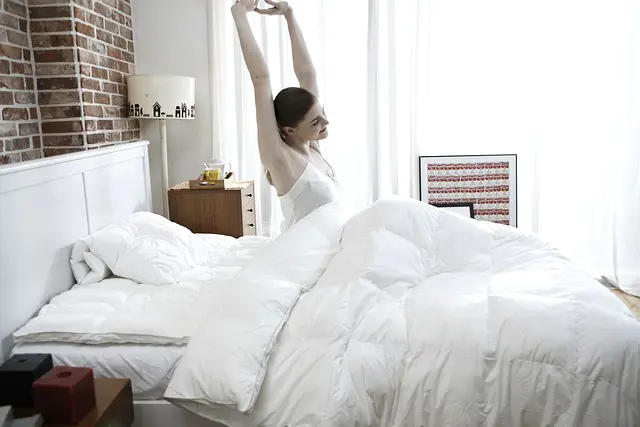The realm of beauty has traditionally been dominated by the pursuit of perpetual youth, with a focus on flawless skin and the quest for a life-prolonging elixir. The discourse surrounding aging has often revolved around evasion, with numerous products promising to stop the clock. However, a significant transformation is emerging in our societal and beauty industry views on aging.
Today, there is an increasing admiration for the beauty that accompanies the passage of time, contesting the societal pressure to maintain a youthful appearance at all costs. The nuances of aging, with its stories written on our faces, are now regarded not as something to fear or eliminate, but as a natural and empowering phase to be embraced.
This article explores the reasons behind the growing recognition of the beauty in aging and how the beauty sector is responding to this cultural shift. We will look at how accepting the aging process can foster a deep sense of self-acceptance, honor our uniqueness, and lead to a more inclusive definition of beauty.
1. The Shift in Societal Perception of Aging
Aging is a universal experience, yet for much of history, it has been something to avoid, especially in Western societies where the ideal of youth is highly valued. Aging has often been linked to a decrease in worth, beauty, and importance. For women, in particular, unrealistic beauty standards have positioned aging as a "blemish" to be corrected rather than an inevitable part of life's journey.
However, a burgeoning movement is seeking to change this narrative, turning aging from a fear into a celebration. This shift is increasingly visible in media, with more mature models and actresses challenging conventional, youthful beauty standards. Icons such as Helen Mirren, Jane Fonda, and Angela Bassett are embracing their natural grace and representing an empowered narrative of aging.
Social media has played a crucial role in this evolution, providing a platform for individuals of all ages to share their personal stories on aging and beauty. Hashtags like #AgePositivity, #GreyHairDontCare, and #AgelessBeauty have gained popularity as people reject the pressures of anti-aging and choose instead to celebrate their natural appearance.
This cultural shift is reflected in the beauty industry, with brands increasingly advocating for diversity in age, featuring older women in advertisements, and developing products for mature skin. As consumers demand authenticity and inclusivity, the industry is adapting to reflect this new reality.
2. The Beauty Industry's Response to Aging
In response to the growing embrace of natural aging, beauty companies are moving away from youth-focused products to those that highlight the beauty of mature skin. Aging with grace is no longer about defying time but about enhancing and celebrating the skin's natural evolution at every stage of life.
Anti-Aging vs. Pro-Aging: Embracing the New Perspective
Historically, the beauty industry has focused on "anti-aging"—products aimed at reducing or reversing signs of aging. From wrinkle creams to Botox, these have been marketed as the ultimate solutions to the "problem" of aging. While such products still have a place, a more holistic approach is emerging—one that emphasizes "pro-aging," or products that support and enhance the natural aging process.
Pro-aging products celebrate the concept of aging as a beautiful and inevitable journey, not something to be erased. These products promote healthy, nourished skin and cater to the specific needs of mature skin, such as increasing hydration, enhancing elasticity, and addressing concerns like age spots and sagging. The focus is on amplifying natural beauty, not concealing it.
Diverse and Inclusive Beauty Campaigns
As beauty brands increasingly recognize the importance of representation, older individuals are now being featured in mainstream beauty campaigns. Brands like Dove, Olay, and Lancôme have introduced advertisements showcasing women of various ages and backgrounds, honoring the diversity and wisdom that come with age.
The beauty industry is also acknowledging that individuals of all ages require skincare and makeup solutions tailored to their unique needs. For instance, foundations are being formulated with ingredients that offer additional hydration and radiance for mature skin. Skincare brands are creating rich, nourishing formulas that target age-related concerns like fine lines, wrinkles, and uneven texture, while also promoting healthy, luminous skin.

